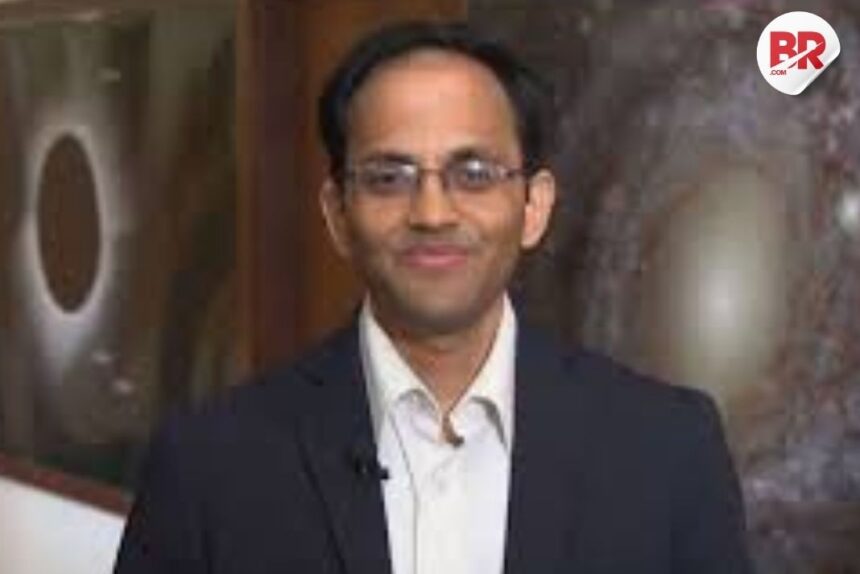
Indian-British scientist Dr. Nikku Madhusudhan and his team at Cambridge University have made an exciting discovery that could be a big step toward finding alien life. They found possible signs of life on a faraway planet called K2-18b using NASA’s James Webb Space Telescope (JWST).
The team discovered two gases — dimethyl sulfide (DMS) and dimethyl disulfide (DMDS) — in the planet’s atmosphere. These gases are important because, on Earth, they are made by marine algae in the oceans. This suggests there might be life in some form on that planet.

Who is Dr. Nikku Madhusudhan?
Dr. Nikku Madhusudhan was born in 1980 in India. He completed his B.Tech. from the Indian Institute of Technology (IIT), BHU, Varanasi. He then went to the Massachusetts Institute of Technology (MIT) in the US for his Master’s and PhD.
In 2009, for his PhD, he studied the atmospheres of planets outside our solar system, also known as exoplanets. After that, he worked as a researcher at MIT, Princeton University, and Yale University.
In 2013, he joined the University of Cambridge as a lecturer. He was promoted to Reader in 2017 and is now a Professor of Astrophysics and Exoplanetary Science.
His Big Ideas and Research
Dr. Madhusudhan introduced the concept of “Hycean planets” – these are planets with a hydrogen-rich atmosphere and oceans underneath. He believes these planets have the best chance of supporting life. His work involves studying the atmospheres, interiors, and formation of such planets.
He uses advanced telescopes like JWST, Hubble (HST), and large ground-based observatories to study these planets and look for biosignatures — signs that life might exist.
His Important Discoveries
- In 2012, he suggested a planet named 55 Cancri e might have a carbon-rich interior.
- In 2014, he led a study that found surprisingly low levels of water in the atmospheres of three large exoplanets called “hot Jupiters.”
- In 2017, he helped discover titanium oxide in the atmosphere of the planet WASP-19b.
- In 2020, he found that water might exist on the surface of K2-18b, the same planet he is now studying for signs of alien life.
Awards and Recognition
Dr. Madhusudhan has received many awards for his contributions:
- EAS MERAC Prize in Theoretical Astrophysics (2019)
- Pilkington Prize for Excellence in Teaching (2019)
- IUPAP Young Scientist Medal in Astrophysics (2016)
- ASI Vainu Bappu Gold Medal (2014)
Dr. Nikku Madhusudhan’s work brings us closer to answering one of the biggest questions in science: Are we alone in the universe?












